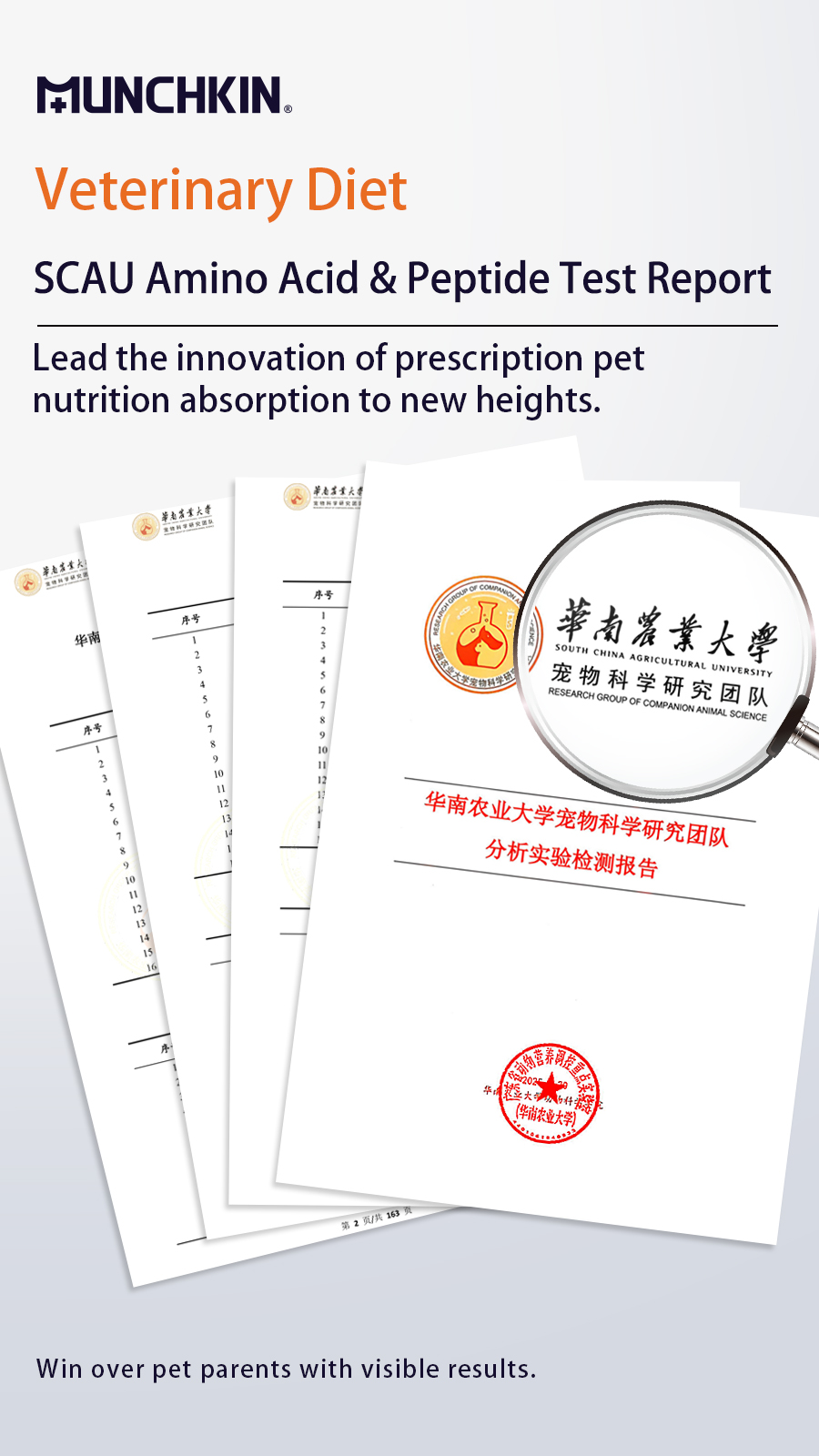

Types of Canned Pet Food
Canned pet food is a popular choice for pet owners due to its high moisture content, rich flavors, and nutritional benefits. However, there are many types of canned pet food available, each catering to specific dietary needs, life stages, and preferences. This article explores the common types of canned pet food to help you choose the right one for your furry friend.
INABA Churu Cat Treats, Grain-Free, Lickable, Squeezable Creamy Purée Cat Treat/Topper with Vitamin E & Taurine, 0.5 Ounces Each Tube, 50 Tubes, Tuna & Chicken Variety
1. Complete and Balanced Diets
These canned foods are formulated to meet all the nutritional requirements of your pet. They contain a precise balance of proteins, fats, vitamins, and minerals.
- For Dogs: Often includes meat, vegetables, and grains.
- For Cats: High in protein with essential nutrients like taurine.
2. Limited Ingredient Diets (LID)
Designed for pets with food sensitivities or allergies, LID canned foods contain fewer ingredients to reduce the risk of allergic reactions.
- Primary Features:
- Ideal For: Pets with sensitive stomachs or known food allergies.
3. Grain-Free Formulas
These canned foods omit grains like wheat, corn, and rice, replacing them with alternative carbohydrates such as sweet potatoes or peas.
- Advantages: Suitable for pets with grain allergies or sensitivities.
- Consideration: Always consult a vet before switching to grain-free diets, as some pets benefit from grains.
4. High-Protein Diets
Designed for active pets, high-protein canned foods provide an energy boost and support muscle development.
- Features:
- Best For: Working dogs, active breeds, or pets recovering from illness.
5. Prescription Diets
Available through veterinarians, these specialized canned foods target specific health issues:
- Weight Management: Low-calorie formulas for overweight pets.
- Kidney Support: Low-protein, low-phosphorus diets for pets with kidney disease.
- Digestive Health: Easily digestible ingredients for pets with gastrointestinal problems.
- Urinary Health: Formulated to prevent urinary tract infections and stones.
6. Puppy and Kitten Formulas
Canned foods tailored for young pets provide the nutrients needed for growth and development.
- Features:
- Tip: Transition to adult food as your pet grows older, typically around 12 months of age.
7. Senior Pet Formulas
Designed for older pets, these foods support aging bodies with easy-to-digest ingredients and joint-friendly nutrients.
- Key Ingredients:
8. Specialty Flavors and Textures
Canned foods come in various flavors and textures to suit even the pickiest eaters.
- Flavors: Beef, chicken, turkey, fish, lamb, and more.
- Textures: Pâté, chunks in gravy, shredded meat, or stew-style options.
9. Wet Food Toppers
While not a complete diet, toppers are used to enhance dry food meals. They add flavor, moisture, and additional nutrients.
- Usage: Mix with kibble to improve taste and hydration.
10. Organic and Natural Options
For pet owners seeking high-quality ingredients, organic and natural canned foods are a great choice.
- Organic: Certified organic ingredients without synthetic pesticides or fertilizers.
- Natural: Free from artificial preservatives, colors, or flavors.
Conclusion
Canned pet food offers a variety of options to cater to your pet’s unique needs and preferences. Whether you’re looking for a complete and balanced meal, a special diet for health concerns, or a flavorful treat, there’s a type of canned food that’s perfect for your furry companion. Always consult your veterinarian to ensure the best choice for your pet’s age, health, and lifestyle.








